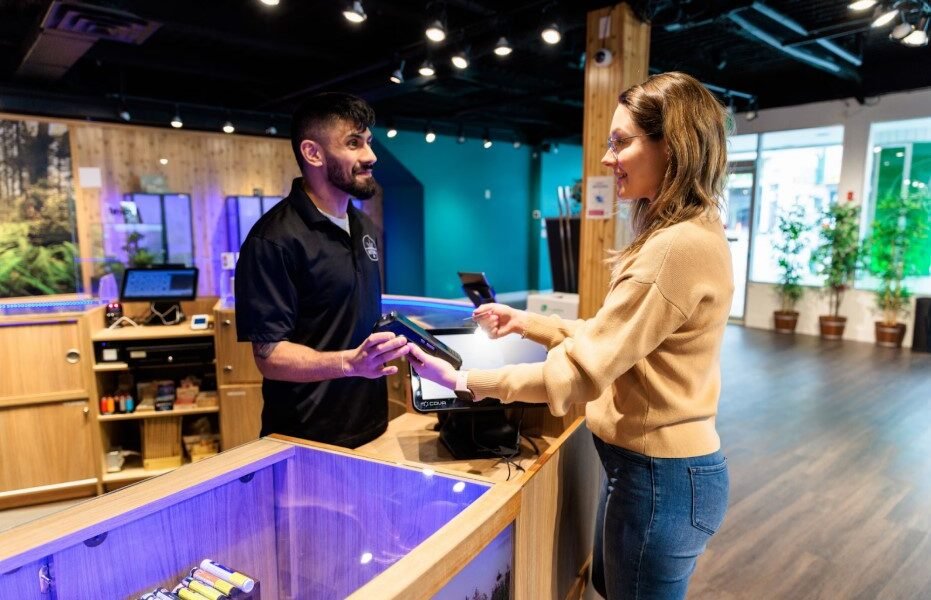Personalization is no longer optional for e-commerce companies; it’s critical. With customers’ expectations greater than ever before, making each interaction as personal as possible in order to match individual tastes is a leading engagement, loyalty, and sales driver. The good news is that developing personalized experiences need not break the bank. Here are four affordable ways to level up your personalization game.
1. Personalized Email Marketing
Email remains one of the e-commerce brand’s most potent communication tools, and personalization can make its impact huge. Instead of emailing everyone in a list, create specialized email campaigns that send targeted, personalized content to your customers.
Begin by dividing your email list by data such as purchases made, demographics, or the customer’s location. For instance, if a customer just bought gym wear, sending items like gym bags or water bottles via an email could prompt him or her into a likely second purchase. The act of using the name of the recipient in the body as well as the subject of an email can seem small but have great influence to establish an interpersonal relationship.
Tools like MailChimp and Klaviyo offer affordable solutions for dynamic email templates and automation workflows that can save time and make your messages appear personal. Email messages that are personalized have higher open and click-through rates, which translates to better ROI on your marketing initiatives.
2. Product Recommendations Based on Browsing History
Product recommendations are the key to e-commerce success. Ever browsed a site, only to be tempted afterward by expertly filtered “you might like” suggestions? That’s the magic of recommendation algorithms, and the best news is that they’re not just the preserve of industry giants like Amazon.
A number of low-cost tools like LimeSpot and Nosto enable small- and medium-sized businesses to track browsing history and shopping activities for cross-selling related products. For example, if your shopper spends time surfing your skin care category, you can show related products like moisturizers or cleansers when they visit your website the next time.
This method enhances customer shopping by allowing them to be offered what they want to be offered without necessarily having to look for it. That degree of personalization not only better facilitates product discovery but also generates higher cart values.
3. Customer Feedback Surveys to Drive Personalized Improvements
Receiving information directly from your customers can provide exactly how to improve their shopping experience. Feedback questionnaires are inexpensive and a great means of doing so. Having customers answer a set of thorough, specific questions regarding their needs, wants, or opinions following a purchase generates information that can be utilized to tailor future experiences.
For example, you can send post-purchase surveys asking how satisfied they were with the product or how the user enjoyed the checkout process. Utilize that to get better in ways that will feel intuitive for your users. If customers say they loved one of the features on your site, you can make it more prominent. If they mention pain points, eliminate them and inform those customers.
Survey instruments such as Typeform and Google Forms are free or very cheap and therefore can even cater to budgetary constraints. Clients like being listened to regarding how their experience is customized because this creates a sense of trust and loyalty.
4. Loyalty Programs with Personalized Rewards
Loyalty programs aren’t meant to merely encourage customers to purchase more; they’re also an excellent method of providing rewards on a personalized basis. Instead of providing a generic discount to everyone, consider making your loyalty rewards personal in nature.
For instance, if one of your customers orders shoes repeatedly on your site, reward them with a discount for shoes alone. A coffee shop rewards a repeat espresso purchaser with a free shot of espresso or a loyalty voucher to use on a new product.
Smile.io and Marsello are low-cost loyalty program management tools with customized elements. The customized rewards will make the customers feel special and want more, leading to a long-term association with your business.
E-commerce personalization can appear pricey or confusing initially, but such strategies turn out to be not the case, especially when working with the likes of King Kong. Capitalizing on personalized email marketing, product recommendations that are personalized, surveying customers that is filled with insight, and personalized rewards for loyalty are all low-cost methods to provide world-class customer experiences.
Experiment small, see what sticks with your tribe, and scale as required. Your customers will appreciate it, and your business will yield dividends.




